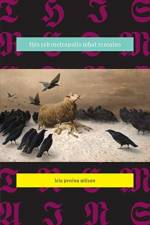av Daniela Naomi Molnar
275,-
Poems that incorporate multiple voices to embrace fragmentation, discord, and plurality. At a time of simultaneous isolation and interconnection, this book is an inquiry into the edges of the self. Pushing back on capitalist messages of individuality, CHORUS instead seeks the multifaceted self that engages with the radical diversity that characterizes any healthy ecosystem or society. Moving between a remote canyon in New Mexico, the Pacific Northwest, New York City, the virtual world, the past, and the unstable future, the author asks, "Whose afterimage am I?" The sprawling, celebratory, mourning chorus of this book is the sum of many voices; the words of other writers, poets, and artists are interwoven with the author's words. This is a celebration of language's capacity to supersede bodily limits, mortality, and existential loneliness. Daniela Naomi Molnar's chorus encompasses violence, love, empathy, fear, a burning planet, a pandemic, heartbreak, desire, joy, and grief. Rather than seeking resolution, these poems look through the lens of a fragmented self, dwelling in plurality, discord, and harmony. CHORUS is the winner of Omnidawn's 1st /2nd Book Prize, judged by Kazim Ali.

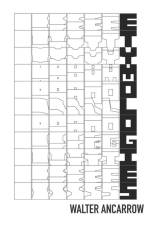
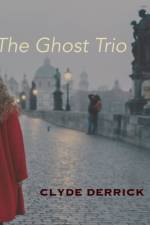

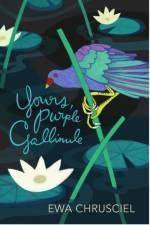
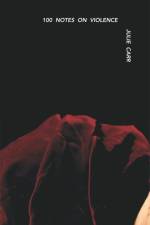
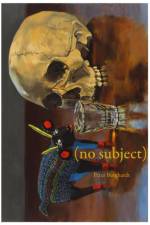
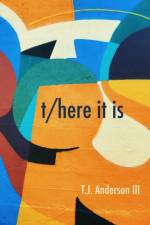
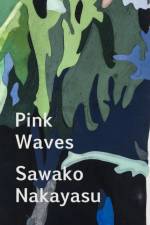
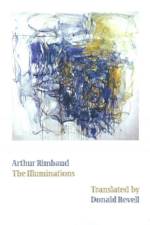


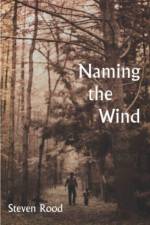
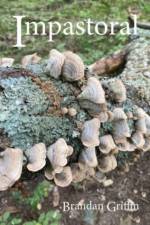
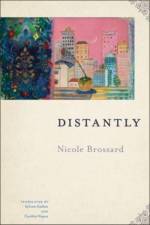
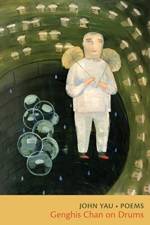


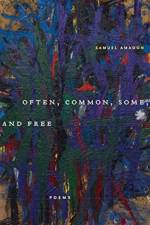
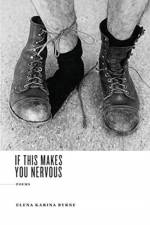

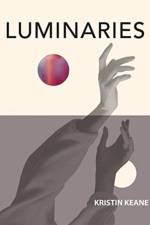

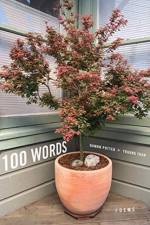
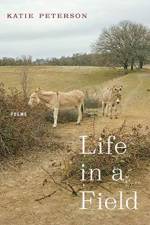

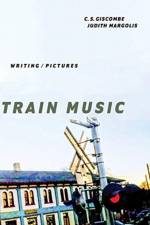


![wyrd] bird af Claire Marie Stancek](https://cdnbackdoor.tales.as/thumbnail/150x225/00145/48989/cover.1598252635.jpg)
